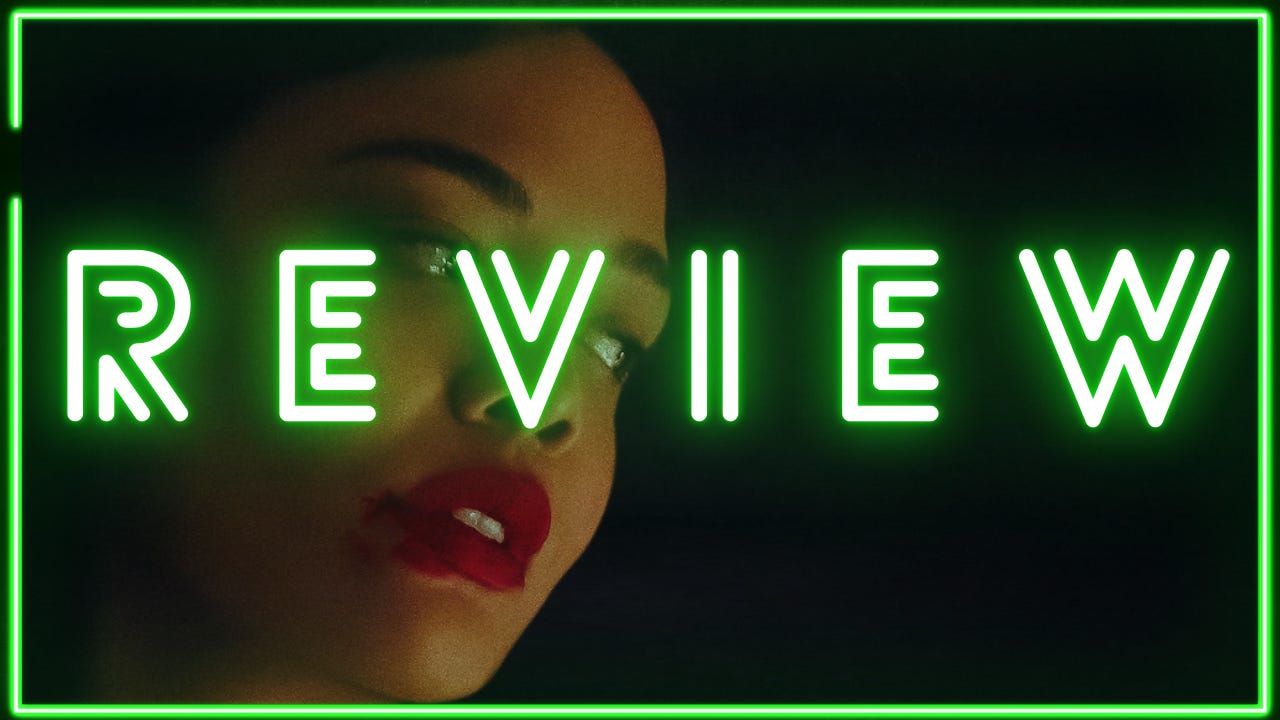Film Review: Hedda
A Little Chaos Is Good For The Gathering
INTRODUCTION
This is a quick review of the newly released film Hedda. Please note that this is just one of the many movies I will have watched each year, and my initial grade for this film may change over time, for better or worse. To stay up to date on my thoughts about other movies and any potential changes in my opinion on this one, follow me on Letterboxd.
If you enjoy these reviews, I’d greatly appreciate it if you could share this newsletter with family and friends who might love receiving film reviews, classic movie lists, and Oscars projections straight to their inbox.
PLOT
Via Letterboxd: Hedda Gabler finds herself torn between the lingering ache of a past love and the quiet suffocation of her present life. Over the course of one charged night, long-repressed desires and hidden tensions erupt, pulling her and everyone around her into a spiral of manipulation, passion, and betrayal.
REVIEW
Following up my written review of another film adaptation of a classic tale, Frankenstein, I was able to catch up with a new adaptation of Hedda Gabler, simply titled Hedda. The film recently debuted on Amazon’s Prime Video streaming service after premiering to decent reactions at several fall film festivals, both major and small.
This time, the story often referred to as “the female Hamlet” has been reimagined from its late-1800s setting to the 1950s. The plot has been given a more queer-coded dimension, with Hedda’s returning former lover now written as a woman. To further set itself apart from the source material, the film unfolds entirely over the course of one grand evening party that spirals into chaos.
Director Nia DaCosta finally gets the chance to fully showcase her talent, free from the constraints of big studio remakes and franchise obligations, and she directs the hell out of this movie. It’s easily her strongest directorial work to date. The film also excels in its craftsmanship as its costumes and production design are stunning, and it features one of the year’s most memorable scores, full of this wicked delight.
The movie plays with a deliciously mischievous energy, filled with playful yet mean-spirited cat-and-mouse dynamics. Its aesthetic feels like Saltburn meets Downton Abbey, and that’s a compliment if you know my love for both. Tessa Thompson and Nina Hoss both deliver some of the best performances of their careers. Thompson portrays Hedda as a woman who thrives on chaos she feels she can control, while Hoss’s ex-lover character proves to be the one person Hedda can’t easily manipulate.
There’s a version of this movie that could’ve ranked among the very best of the year for me, but its screenplay keeps it from greatness. For the first hour, I was entirely on board with its seductive tone and sense of one-upmanship, but eventually the film begins to lose momentum, spinning its wheels until it regains some footing for a finale that feels slightly underwhelming given the possibilities.
A couple more drafts could’ve tightened the script and elevated this from “very good” to “great,” but even with its pacing issues, Hedda remains an entertaining and refreshingly distinct adaptation. It boasts standout performances that could attract awards attention, exceptional direction, strong technical work, and a score that’s already vying for a spot on my personal year-end ballot. I give Hedda a soft B+ grade after my first initial watch.
“TL;DR”
Pros: Tessa Thompson and Nina Hoss give some of the better performances of the year; The film has a very saucy aesthetic and vibe that fits the story being told; Amazing crafts and score with some of the best direction I’ve seen from Nia DaCosta
Cons: The film strays from the source material in some ways that might be jarring for the biggest fans of this tale; The screenplay really starts to get into a lull and lose steam in the second hour making me think a better editing job could’ve made this tighter and really stand out as one of the best films I’ve seen this year
GRADING




